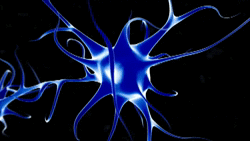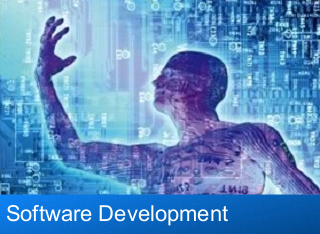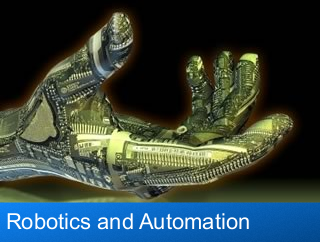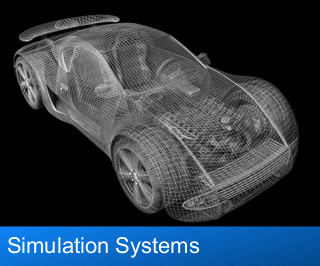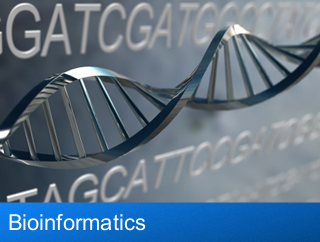 We aim to support you in your business and its processes by designing for you highly interactive comprehensive decision support system therefore helping the decision makers compile useful information from raw data, order documents, personal knowledge, and or business models to identify, solve problems, make sense, understand and analyse what is required, so that the desirable control could reach almost perfection.
We aim to support you in your business and its processes by designing for you highly interactive comprehensive decision support system therefore helping the decision makers compile useful information from raw data, order documents, personal knowledge, and or business models to identify, solve problems, make sense, understand and analyse what is required, so that the desirable control could reach almost perfection.
Policy modelling and risk management is also an area we keenly pursue, so you may put together policies void of risks or the unforeseen.
The task becomes interesting when no prior knowledge is available. The need for an intelligent mechanism for decision support comes from the well known limits of human knowledge processing.
The need for support for human decision makers is due to four kinds of limits: cognitive, economic, time and competitive demands. Several adaptive learning frameworks for constructing intelligent decision support system system exist.
The question increasingly faced by the scientific or business decision makers, is not how one can get more information or design better information systems, but what to make of the information and systems already in place.
The challenge is to be able to utilise the available information, to gain a better understanding of the past, and predict or influence the future through better decision making. Our research into data mining technologies and decision support system is responding to this challenge.
Broadly defined, data mining relies on scalable statistics, artificial intelligence, machine learning or knowledge discovery in databases.
Decision support systems utilise available information and data mining technologies to provide a decision making tool usually relying on human computer interaction. Together data mining technologies and decision support system represent the spectrum of analytical information technologies and provide a unifying platform for an optimal combination of data dictated and human driven analytics.
Decision support system now involves technologies, including intelligent systems, machine learning technologies, distributed systems and collaborative systems.
The learning process then builds up the decision rules. The developed rules are further fine tuned depending upon the quality of the solution using a supervised learning process.
To develop an intelligent decision support system, we need a holistic view on the various tasks to be carried out including data management and knowledge management, reasoning techniques.
Knowledge-based DSS (Intelligent DSS)
An increasing number of systems are incorporating domain knowledge, modelling, and analyse systems to provide users the capability of intelligent assistance. Knowledge base modules are being used to formulate problems and decision models and analyse and interpret the results. Some systems are adding knowledge based modules to replace human judgements. Managerial judgements have been used to ascertain (assess) future uncertainty and to select assumptions on which decision models can be based.
Some decisions are both knowledge and data intensive. Consequently, a large amount of data usually requires considerable effort for their interpretation and use.
The knowledge based decision support systems include a knowledge management component, which stores and manages a new class of emerging artificial intelligence tools such as machine learning and case based reasoning and learning. These tools can obtain knowledge from prior data, decisions and examples (cases) and contribute to the creation of decision support system to support repetitive, complex real-time decision making. Machine learning refers to computational methods or tools of a computer system to learn from experience (past solutions), data and observations, consequently alter its behaviour, triggered by a modification to the stored knowledge. Artificial neural networks and genetic algorithms are the most notable approaches to machine learning.
Solutions Delivered
- Business/cost analysis (optimization method to integrate separate power sys. into the grid).
- User interface for linking and modeling problem domains with large scale software sim sys.
- Airport Management system
Counter-Narcotic Management System
- Economic modeling of addiction (incorporating neuroscience into public policy)
- Automated counter-narcotic management system. The system integrated the following databases:
- Teenagers and vunerable age groups at risk of exposure.
- Individuals admitted to rehabilitation centre.
- Geographic locations of most active dealers.
- Emergency treatment centers acute overdose.
- Home based users, specialist clinics administering substitutes and others; capable of auto. exchanging data, thus coordinating management processes.

